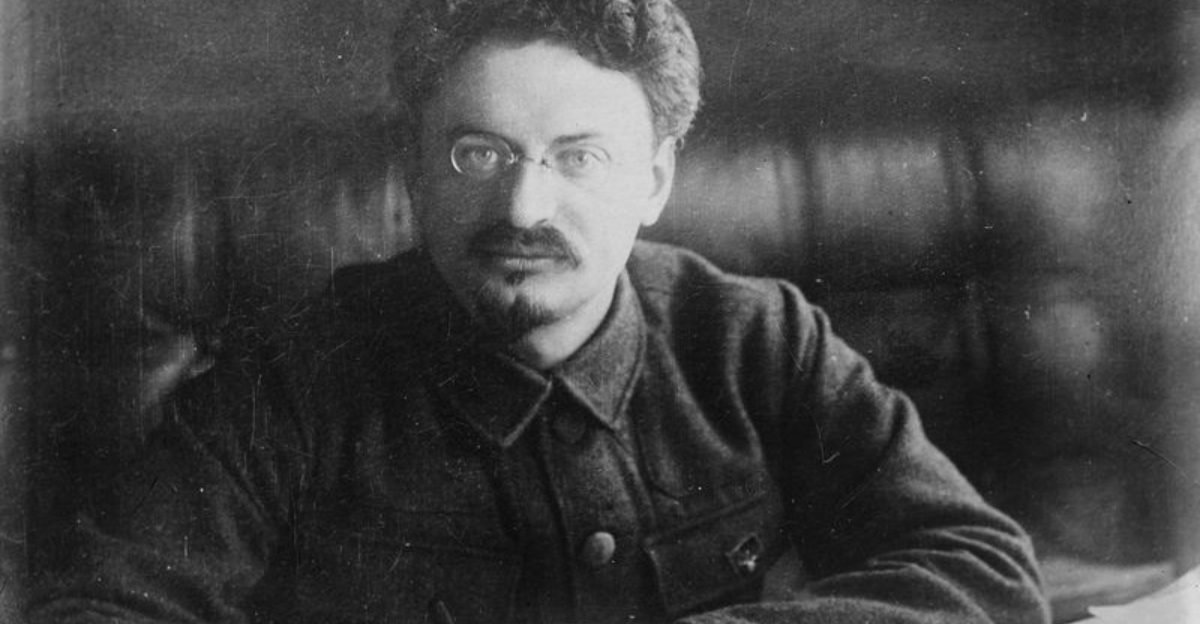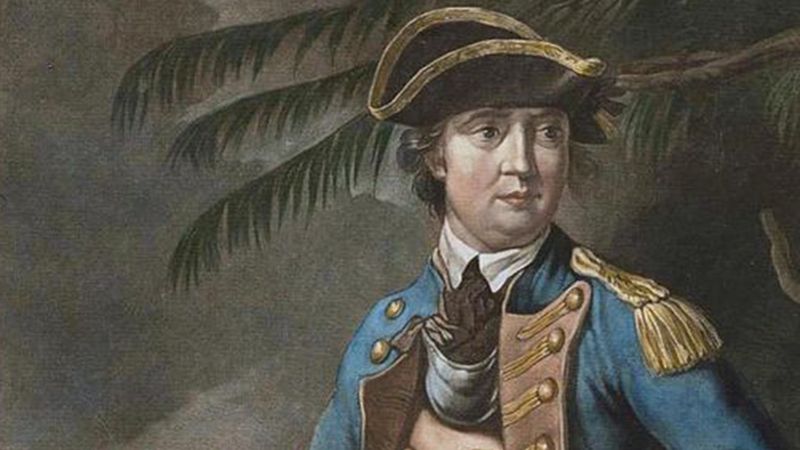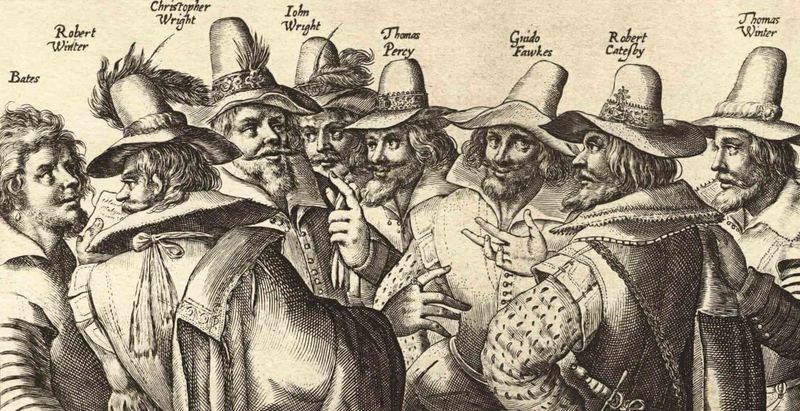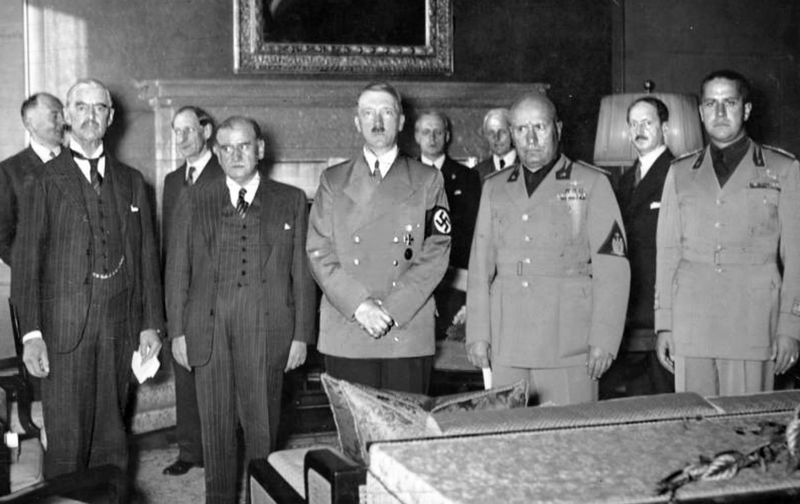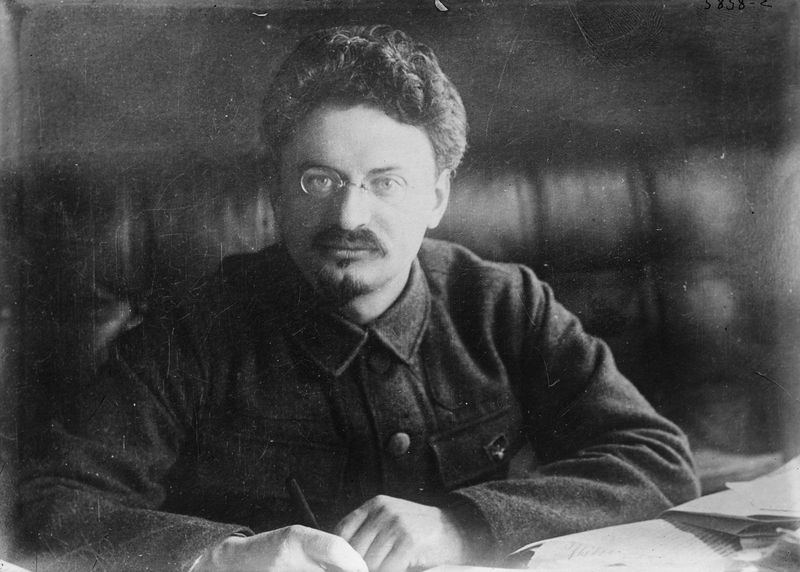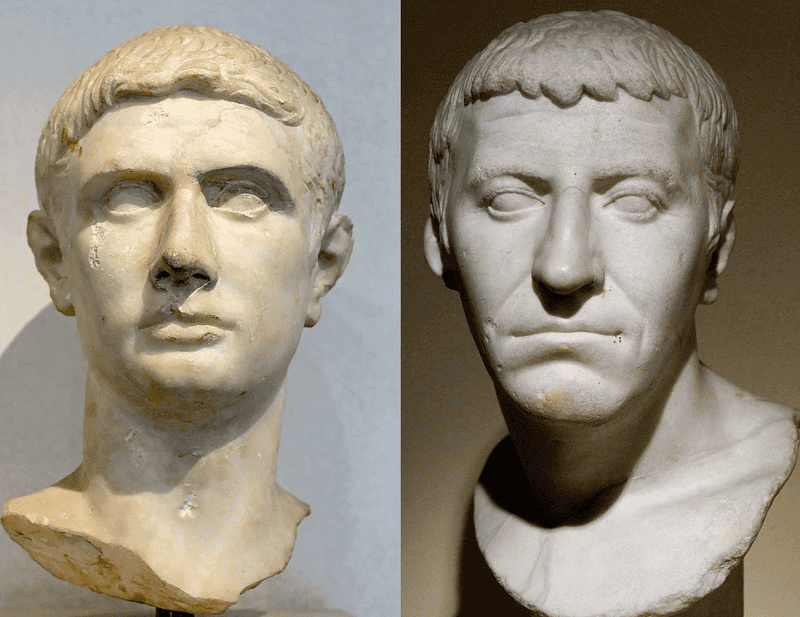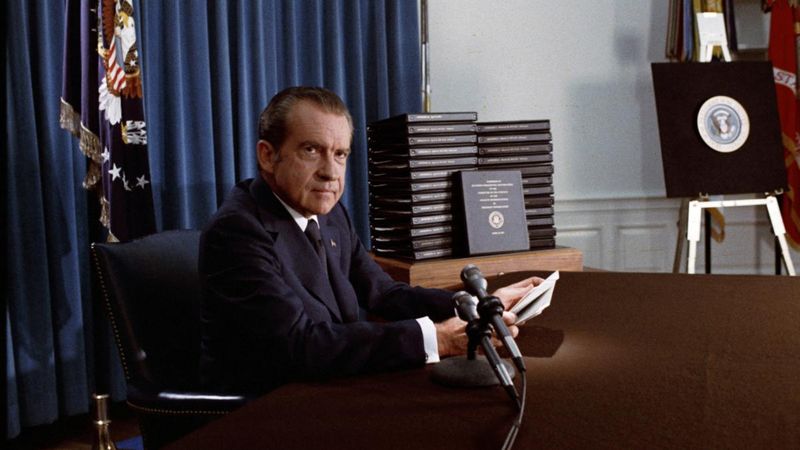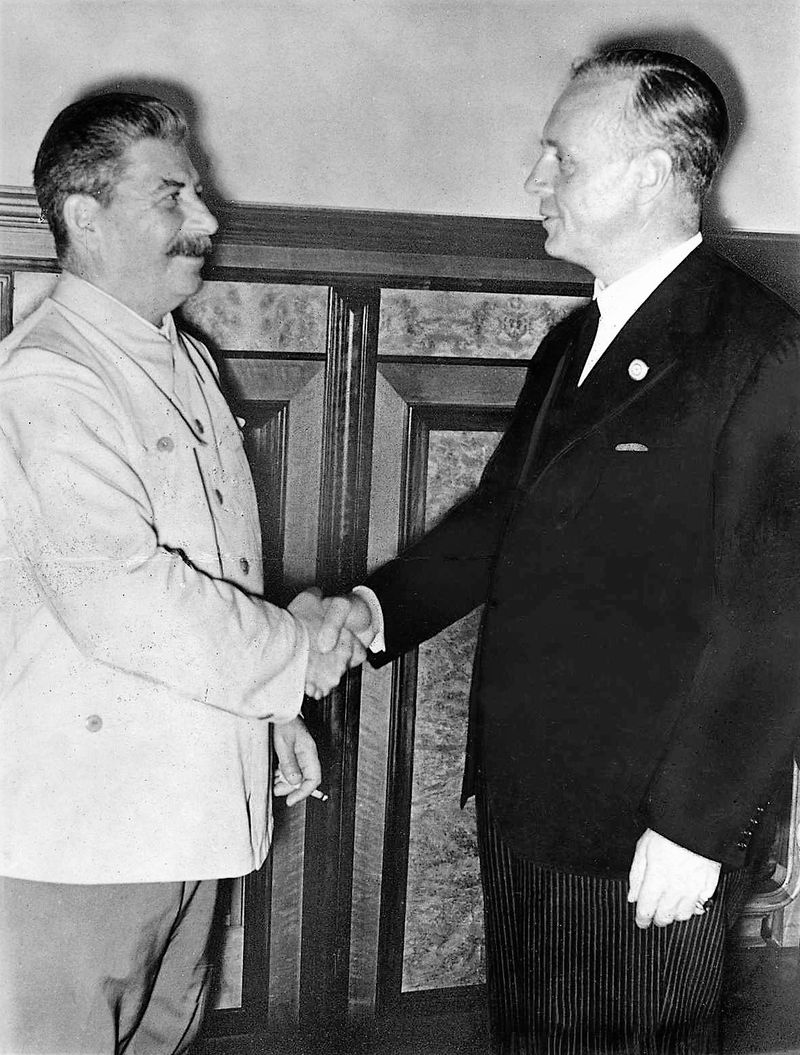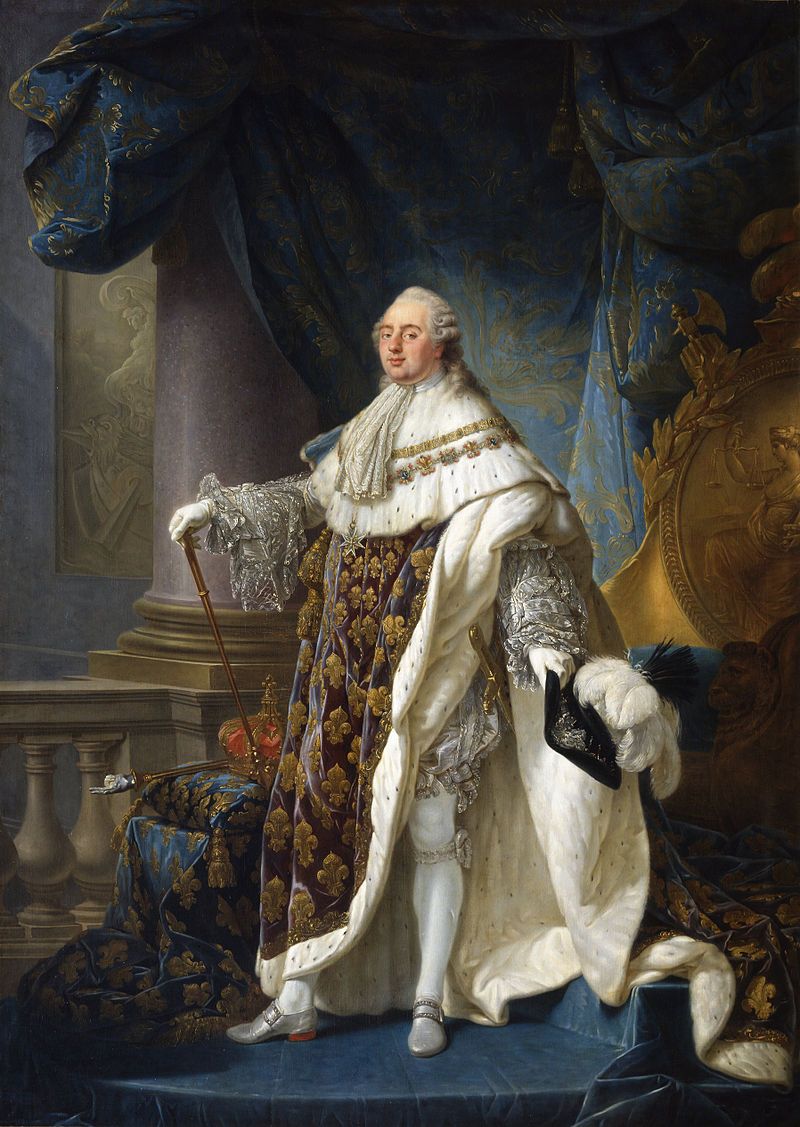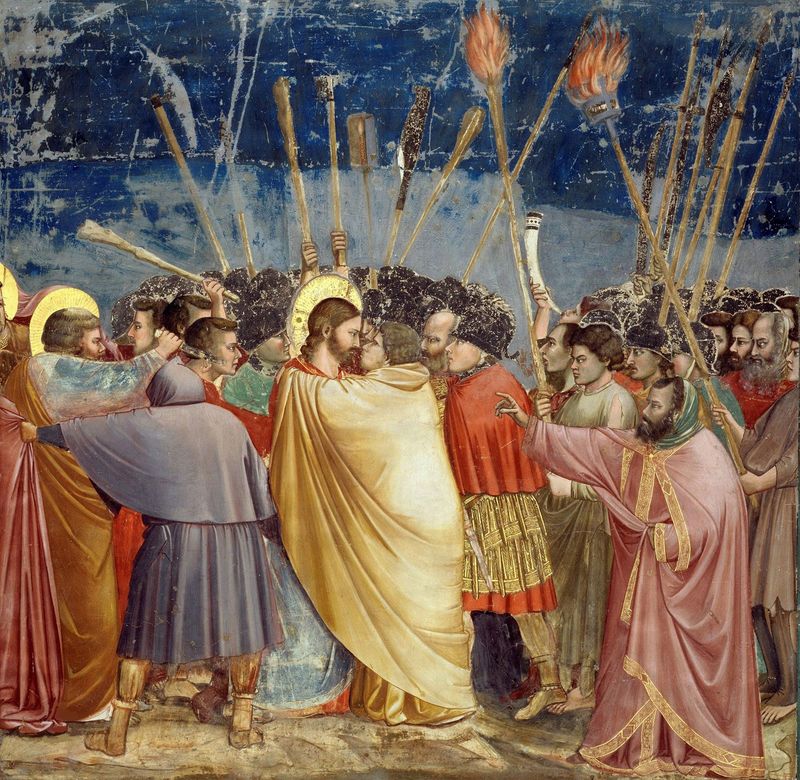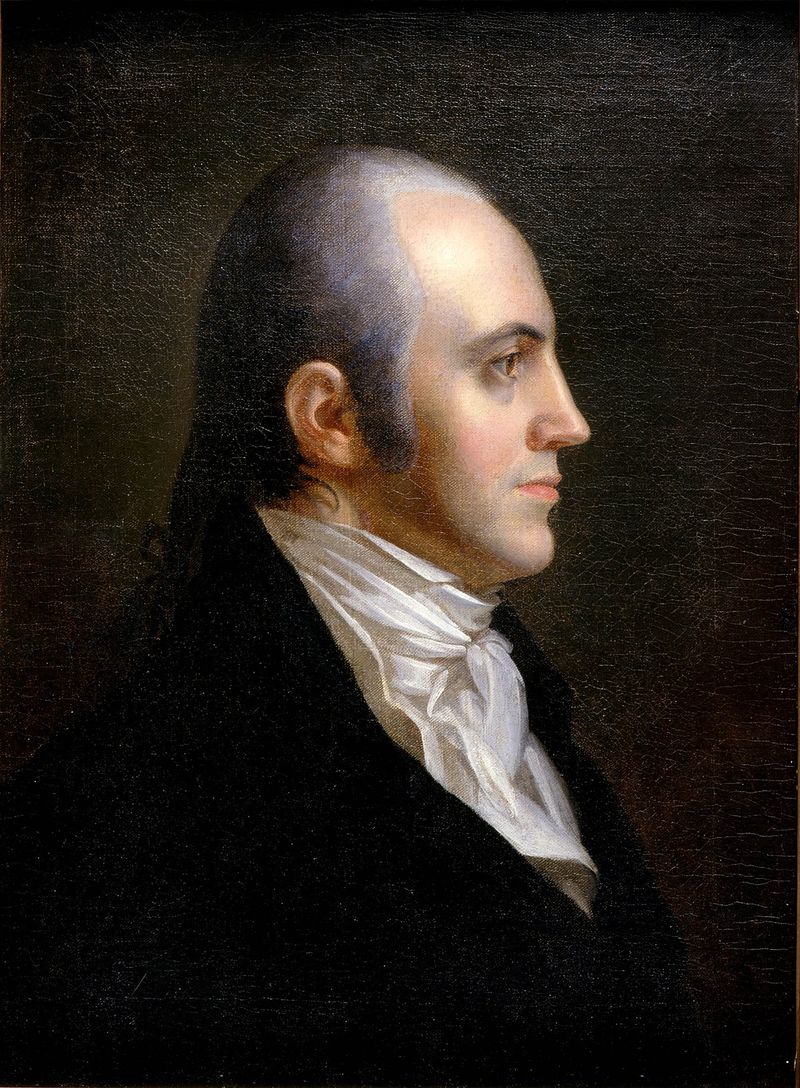Throughout history, betrayals have often been perceived as strategic moves to gain power, influence, or control.
However, not all betrayals have gone as planned. Here, we explore 15 historical betrayals that ended in failure, causing unforeseen consequences for the betrayers themselves.
Julius Caesar’s Assassination (44 BCE)
The Roman Senate plotted to kill Julius Caesar, envisioning it as a restoration of the Republic’s glory. However, their actions ignited a series of events leading to the rise of the Roman Empire.
Caesar’s assassination did not bring about peace but rather plunged Rome into chaos and civil wars. The power vacuum left by his death was filled by Augustus, who became Rome’s first emperor.
This betrayal ultimately failed to achieve its primary goal, instead cementing the end of the Roman Republic and forever altering the course of Western history.
Benedict Arnold’s Betrayal (1780)
During the American Revolutionary War, Benedict Arnold, once a patriot, turned traitor by plotting to surrender West Point to the British. His plans were uncovered, and his name became synonymous with treason.
Arnold’s betrayal did not succeed as intended. Instead, it united and motivated the American forces further to resist British control.
Though he escaped to Britain, Arnold lived the rest of his life in infamy, unable to fully trust or be trusted. His legacy is a cautionary tale of ambition overshadowing loyalty.
Napoleon’s Betrayal of Spain (1808)
Napoleon Bonaparte’s decision to overthrow the Spanish monarchy seemed like a strategic move to expand France’s influence. Instead, it sparked fierce resistance.
The Peninsular War drained French resources and weakened Napoleon’s forces considerably. The Spanish guerrilla tactics proved effective, turning the population against the French invaders.
This betrayal backfired spectacularly, becoming a significant factor in Napoleon’s eventual downfall by stretching his army too thin across Europe. The resistance inspired other nations to rise against his rule.
The Gunpowder Plot (1605)
In 1605, a group of Catholic conspirators, including Guy Fawkes, planned to blow up the English Parliament to end Protestant rule. However, the plot was discovered before it could be executed.
The failure led to severe crackdowns on Catholics in England, exacerbating religious tensions rather than resolving them.
Guy Fawkes became an enduring symbol of rebellion, but his betrayal did not accomplish its primary goal. Instead, it served to strengthen the very government it sought to destroy.
The Munich Betrayal (1938)
The Munich Agreement saw Britain and France betraying Czechoslovakia to appease Hitler, hoping to avoid war. This decision, however, emboldened Hitler to pursue further aggression across Europe.
The betrayal did not prevent conflict; instead, it paved the way for World War II, as Germany invaded Poland soon after.
This appeasement is often cited as a grave miscalculation, highlighting how sacrificing allies can lead to greater conflicts. The betrayal revealed the dangers of underestimating an adversary’s ambitions.
Trotsky’s Exile and Assassination (1940)
Joseph Stalin saw Leon Trotsky as a threat to his power and orchestrated his exile and eventual assassination in Mexico. However, Stalin’s paranoia only intensified.
The purges he initiated weakened the Soviet Union’s military and political structure, affecting its effectiveness during World War II.
Trotsky’s death did not secure Stalin’s position as intended but highlighted the regime’s brutality. It serves as a reminder of how eliminating opponents can lead to unforeseen weaknesses and vulnerabilities.
Brutus and Cassius’ Fate (42 BCE)
Marcus Brutus and Gaius Cassius led the conspiracy to assassinate Julius Caesar, believing they were saving the Republic. However, their actions led to their downfall.
Both were defeated in battle by forces loyal to Caesar’s heir, Octavian, and ally Mark Antony. Facing defeat, they chose suicide over capture.
Their betrayal failed to restore the Republic and instead solidified Octavian’s path to becoming Emperor Augustus. The betrayal’s legacy is a testament to how power struggles can lead to unintended consequences.
Richard Nixon’s Watergate Betrayal (1972-1974)
The Watergate scandal began with a political espionage operation against the Democratic Party. President Richard Nixon’s involvement and subsequent cover-up efforts led to his downfall.
Nixon’s betrayal of public trust forced him to resign, marking the first and only resignation of a U.S. president.
The scandal forever stained Nixon’s legacy and highlighted the importance of transparency and accountability in government. What was meant to secure power ended with a loss of credibility and authority.
The Molotov-Ribbentrop Pact Betrayal (1941)
The non-aggression pact between Nazi Germany and the Soviet Union was a temporary truce that Hitler broke in 1941 by invading the USSR.
This betrayal opened up the Eastern Front, stretching German forces and leading to catastrophic defeats, notably at Stalingrad.
Hitler’s decision to betray Stalin was a pivotal blunder, contributing significantly to Germany’s eventual defeat in World War II. The betrayal underscores the perils of overreaching ambition in wartime.
Louis XVI’s Secret Negotiations (1793)
During the French Revolution, Louis XVI attempted secret diplomacy with foreign powers to save his throne. However, these efforts were exposed, leading to his trial and execution.
The king’s betrayal of the revolutionary government was deemed treasonous, sealing his fate and further radicalizing the revolution.
Instead of reclaiming power, Louis XVI’s actions accelerated the fall of the monarchy and the rise of the French Republic. His betrayal serves as a lesson on the perils of clandestine maneuvers in tumultuous times.
Judas Iscariot’s Betrayal (c. 30 CE)
Judas Iscariot’s betrayal of Jesus is one of history’s most infamous acts, leading to the crucifixion of Christ. For thirty pieces of silver, Judas identified Jesus to the authorities.
However, the betrayal weighed heavily on Judas, leading to his own demise by suicide. His actions set in motion events central to Christian theology.
Judas’s story is a profound example of how personal gain can result in devastating consequences, both spiritually and historically. It remains a powerful narrative of remorse and redemption.
Kim Philby’s Spy Betrayal (1950s-60s)
As a high-ranking British intelligence officer, Kim Philby betrayed his country by spying for the Soviet Union. His defection revealed deep breaches in the British intelligence community.
Philby’s actions exposed a vast spy network, yet led to his life in exile, isolated and distrusted.
The betrayal damaged Cold War relations and forced a reassessment of intelligence practices. Philby’s life serves as a reminder of the personal costs of allegiance shifts during times of geopolitical tension.
Aaron Burr’s Treachery (1804-1807)
Aaron Burr, former U.S. Vice President, killed Alexander Hamilton in a duel, which tarnished his reputation. Burr’s later ambitions to create his own empire ended in failure.
Charged with treason, Burr’s trial captivated the nation, but he was ultimately acquitted. Nevertheless, his political career was ruined.
Burr’s actions demonstrate how personal vendettas and unchecked ambition can lead to public disgrace. His story is a reflection on the consequences of prioritizing power over principles.
The Betrayal of the Knights Templar (1307)
King Philip IV of France turned on the Knights Templar, a wealthy and powerful military order, to seize their assets. In 1307, he ordered their arrest and eventual dissolution.
However, this betrayal only fueled the legendary status of the Templars, with myths and mysteries enduring for centuries.
Philip’s actions failed to secure long-term financial gain, as his kingdom faced fiscal challenges. The Templar betrayal illustrates how persecution can immortalize an adversary rather than erase them.
The Bay of Pigs Invasion (1961)
The U.S. orchestrated an invasion of Cuba using Cuban exiles to overthrow Fidel Castro. However, the Bay of Pigs Invasion was a disaster, ending in failure.
The betrayal strengthened Castro’s position, as he used it to rally support against American imperialism.
Instead of weakening Castro, the invasion solidified his rule and embarrassed the United States on the international stage. It serves as a lesson in the complexities of foreign intervention and the risks of underestimating a foe.
